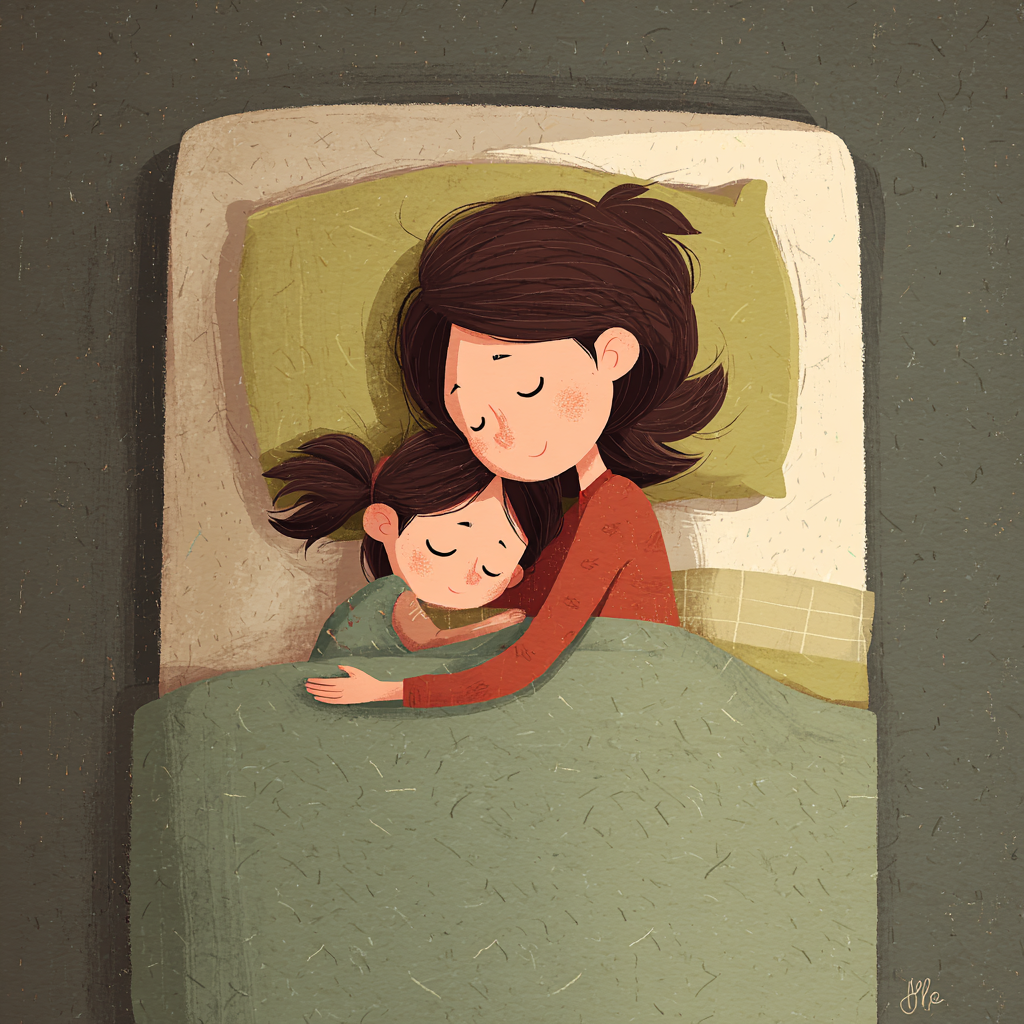I’m saying this directly to the men who are hurting: if you’re trying to control the situation, no matter how false the claims or how manipulative your former partner may be, please sit with this picture for a moment. I know how hard this is if you haven’t seen your child, or you’ve been shut out of updates for weeks or months. I’m not minimising your pain. I feel it with you. But every choice we make—and it is a choice—lands somewhere in a child’s world, either helping or hurting.
No matter how the other parent behaves, we are not responsible for their actions. We are responsible for ours. If a child is not in immediate physical or psychological danger, then we owe it to that child to examine our own behaviour and the effect it has on the other parent’s capacity to care, especially in the first years, when co-regulation and soothing literally shape a developing brain.
Dr Bruce Perry tells a story in The Boy Who Was Raised as a Dog about Laura and her mother, Virginia. Virginia grew up in foster care, with almost no steady affection. When Laura was born, she could manage the basics, feeding, changing, but struggled with soothing and bonding. Laura didn’t fail to thrive because of food, but because of a lack of nurturing touch and co-regulation. When Perry’s team placed mother and baby with an experienced foster carer, “Mama P,” Laura’s weight and regulation improved quickly. With support, Virginia did better too. The point is simple: an overwhelmed, isolated parent can shut down, not from malice, but from capacity and stress.
Hold that in mind when you look at how high-conflict separation pours unnecessary pressure into a home with a baby. The constant messages. The emails. The threats of “more litigation coming.” All of it spikes anxiety. All of it pulls focus into legal battles, overtime at work to fund the fight, and long nights drafting responses, while an infant waits for a nervous system steady enough to borrow calm from. If you’ve ever stood in a room with someone whose stress is through the roof, you know how the air changes. A young child feels that with their whole body. Fewer moments of being held. Fewer moments of being heard. A parent tuned for threat instead of connection.
We do not need to sacrifice our children in an attempt to control the other parent. The court process takes time because it is a process. Judges and solicitors don’t have the whole story on day one; information has to be gathered before clarity can arrive. You will have your say, but the way you deliver it matters. Deliver it through channels that reduce trauma, not amplify it. I know many separations shouldn’t need court at all, if both sides could hold the bigger picture. But we’re dealing with emotions and survival patterns, and those patterns, outbursts, strategies, programmed reactions—spill straight into a child’s development and worldview. Generational trauma is real. It’s carried in our bodies and easily handed on if we don’t interrupt it.
So ask yourself, what is the correct choice here, even if the other parent isn’t making it? Not the choice that scratches the itch of anger for five minutes, or the one that calms your anxiety for an hour, but the choice that leaves your child more regulated, safer, and freer to grow.
Because infants and young children need their mother, and they need their father. Sometimes that means a father takes the longer view and acts in silence. You don’t need to announce it to anyone. You don’t need the applause. You make the quiet decision that reduces pressure in that household so a baby can sleep, feed, be held, and learn the world is safe. You file what needs to be filed, you document what needs to be documented, and you let the process unfold, without adding fuel.
This is not a gender war. It’s a behavioural one. It’s about refusing to let your nervous system run the show. It’s about not taking the bait when accusations are designed to pull you into the script: See? He’s reactive. See? He’s controlling. It’s about choosing actions that contradict the narrative, not confirm it.
If your child is at risk, act, properly, through the right channels. But if the risk is not immediate, then your restraint is not weakness. It’s fatherhood. It’s leadership. It’s saying, I will not add to the storm my child is already weathering. It’s understanding that every email, every DM, every late-night threat carries a cost that a small body pays.
We want healthy kids, emotionally regulated, safe, grounded. That doesn’t happen by winning the loudest argument. It happens by making the quiet choices that stabilise the ecosystem they live in. Reduce unnecessary pressure. Keep communication clean and minimal. Let the evidence speak instead of your adrenaline. Hold boundaries without theatrics. Do the inner work that lets you feel the heat without lighting another fire.
One day your child will read the story of this time, not the affidavits, but the felt story in their nervous system. They will remember whether the air was sharp with fear or steady with care. Make the choices now that give them the second story. Not because Deserving but because you choice to be something more.
